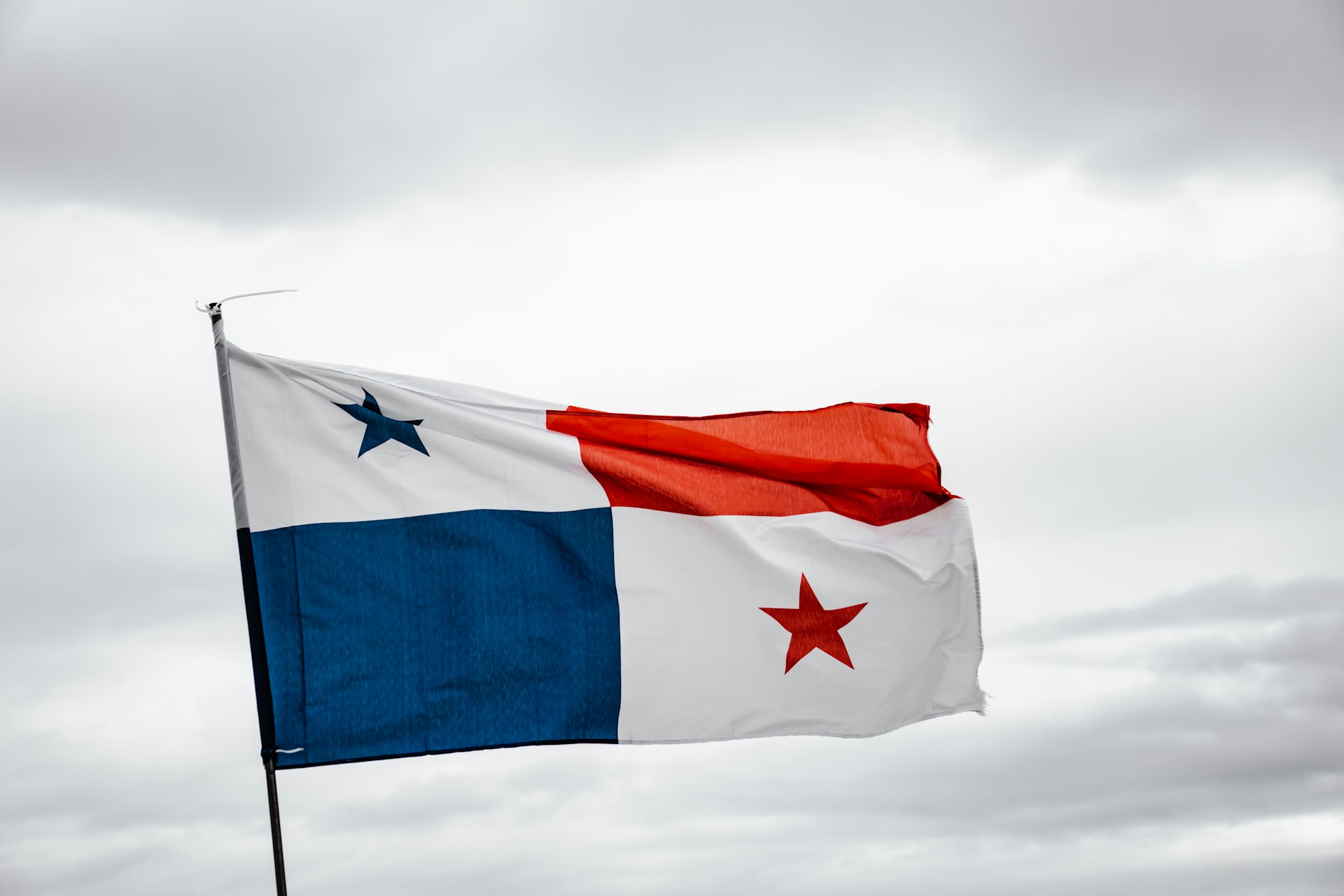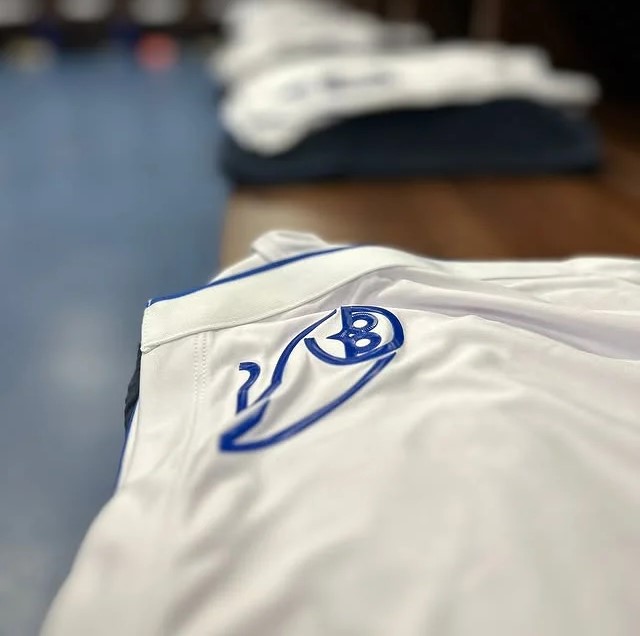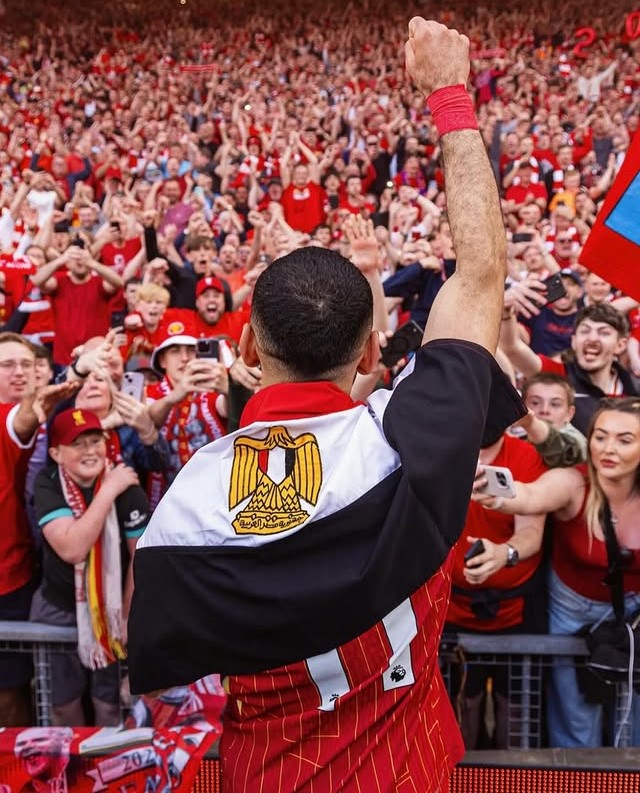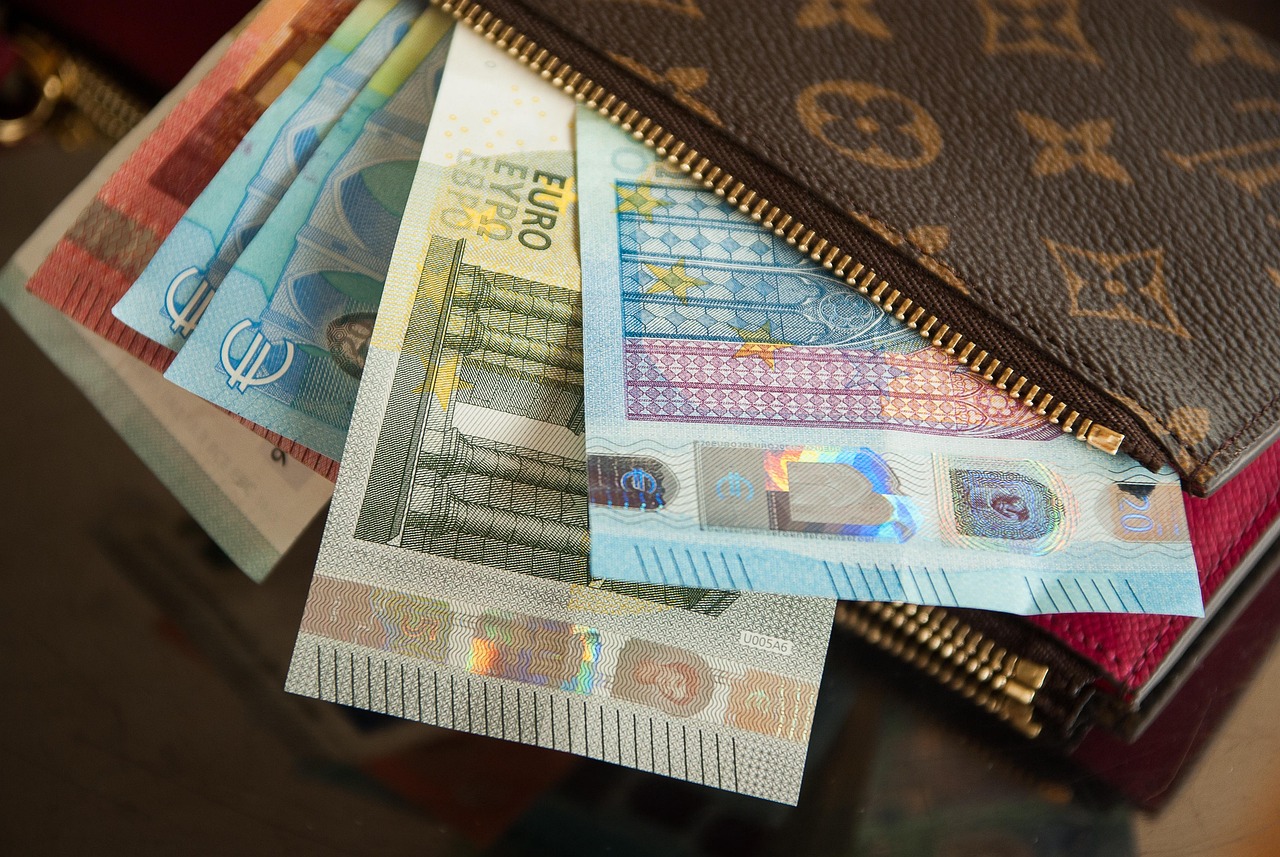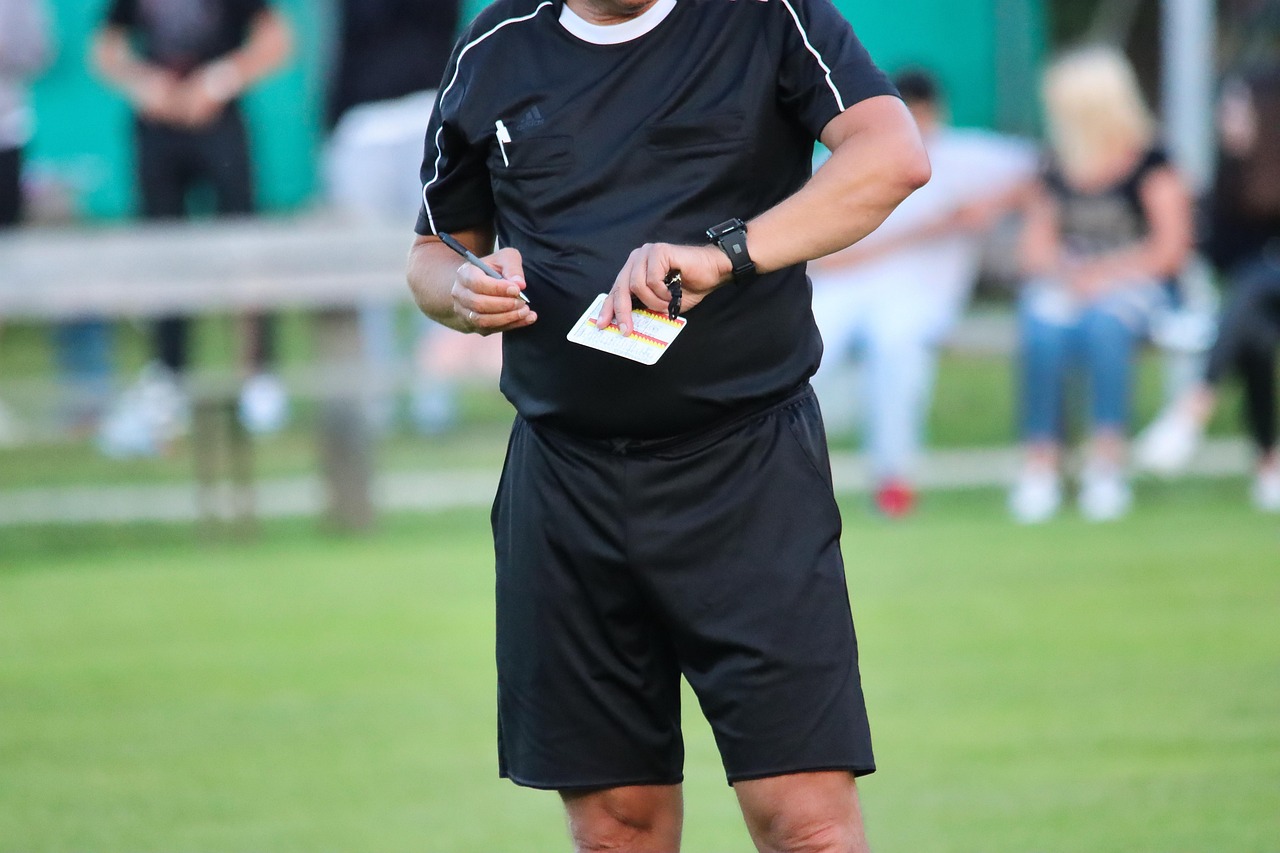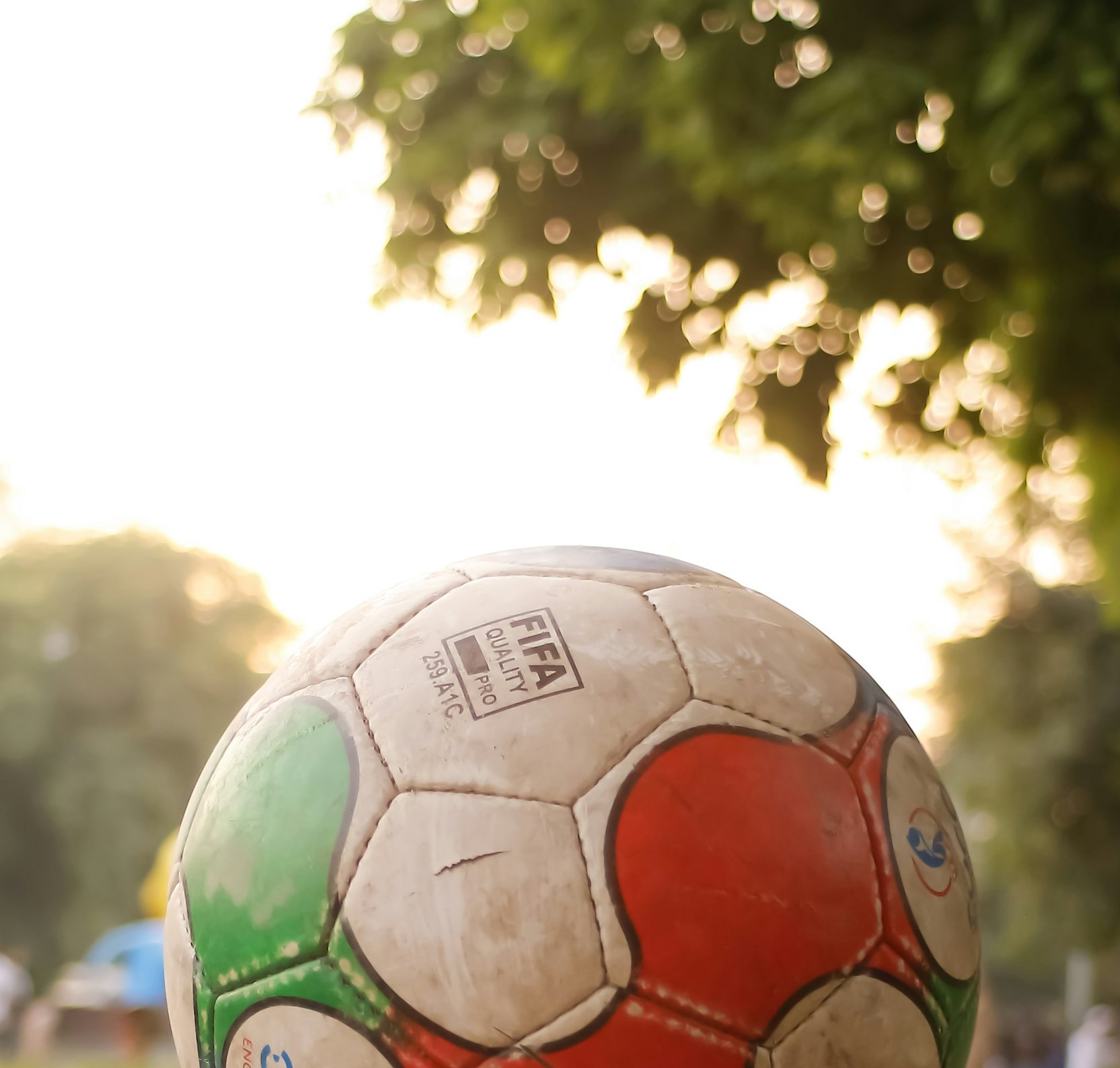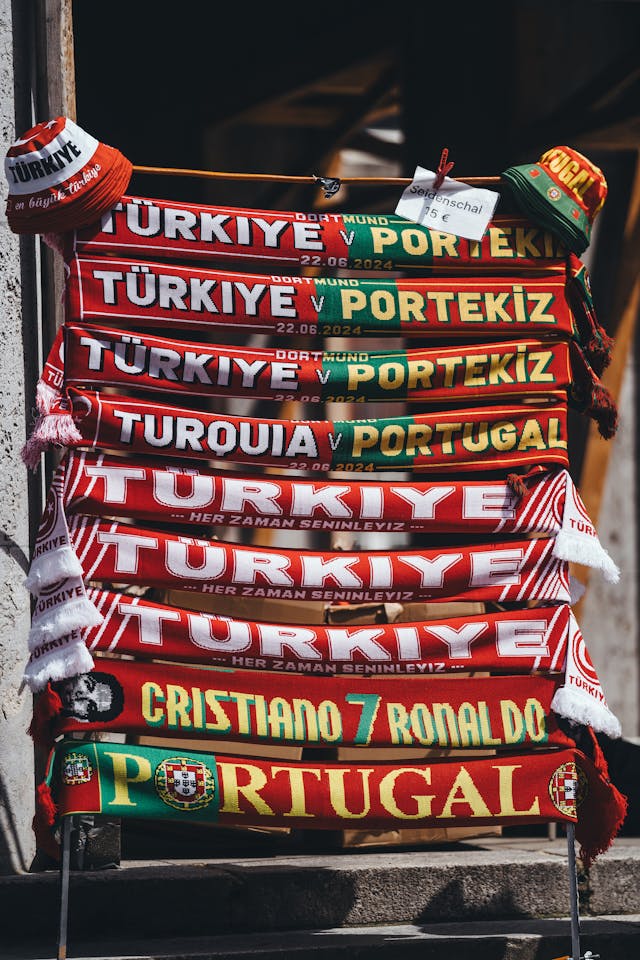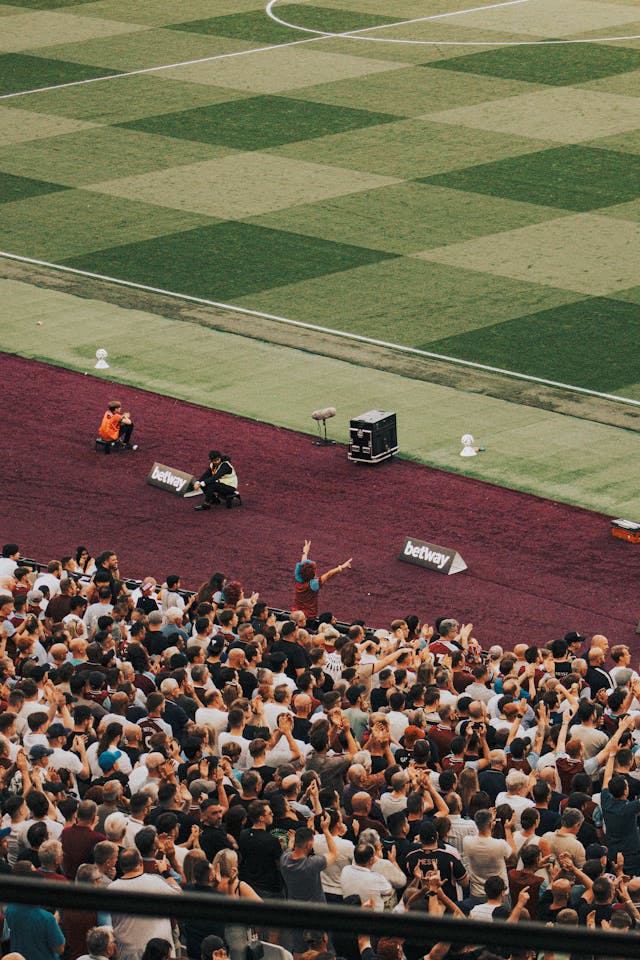Former France international Lassana Diarra has reignited his long-running legal battle with FIFA, seeking €65 million (£56m) in damages after a landmark European court ruling found aspects of football’s transfer rules breached EU law.
The 40-year-old midfielder, who represented Chelsea, Arsenal, Real Madrid and Paris Saint-Germain, is taking direct action against FIFA and the Belgian football federation following what his lawyers described as “unsuccessful settlement negotiations.”
“Lassana Diarra is claiming €65m gross (€35m net) in compensation from FIFA and the Belgian Football Association,” his legal firm Dupont Hissel confirmed in a statement.
The dispute stems from Diarra’s contract termination with Lokomotiv Moscow in 2014 and his blocked move to Belgian club Charleroi. Under FIFA’s regulations at the time, players and prospective new clubs were liable to compensate a previous employer if a contract was ruled to have been broken without “just cause.” The Court of Arbitration for Sport initially sided with Lokomotiv, ordering Diarra to pay €8.4m, but the case was later referred to the European Court of Justice (ECJ).
In October last year, the ECJ ruled that aspects of FIFA’s system “hinder the free movement of players and competition between clubs,” prompting the governing body to revise its rules. However, Diarra’s legal team argues the changes still fall short of compliance.
FIFA, for its part, has declined to engage publicly on the matter. “Since the ECJ issued its ruling in the Diarra case in October 2024, FIFA has been working with its stakeholders to amend its regulations following the guidance offered by the ECJ. FIFA does not comment on ongoing legal matters,” the organisation said in a statement.
Diarra insists his battle is not only personal but also about safeguarding the rights of future professionals.
His case has the backing of FIFPRO, its European division, and France’s UNFP union, as well as the Dutch foundation Justice for Players (JFP), which has separately launched a class-action lawsuit against FIFA and several national federations.
A verdict in Diarra’s case could come within the next 12 to 15 months.
Featured Image Credit: Unsplash / Jay Pics, Pexels / Andre Pombal
.png)

